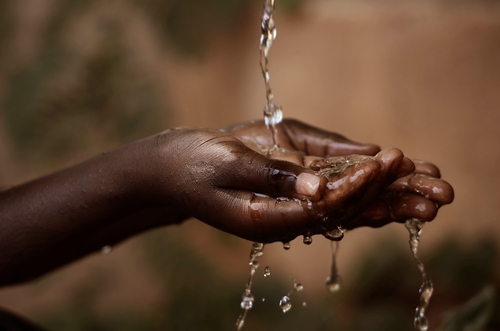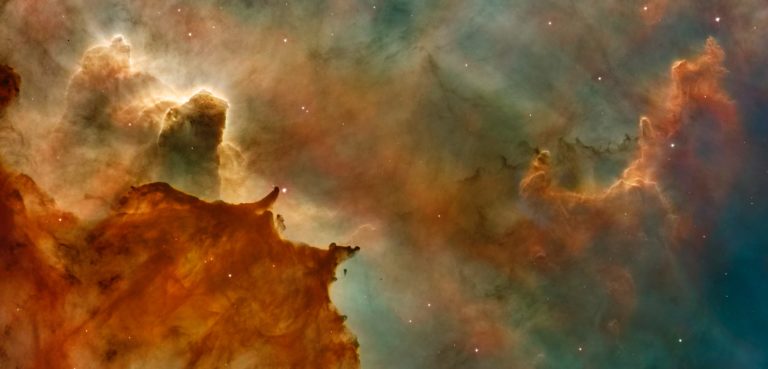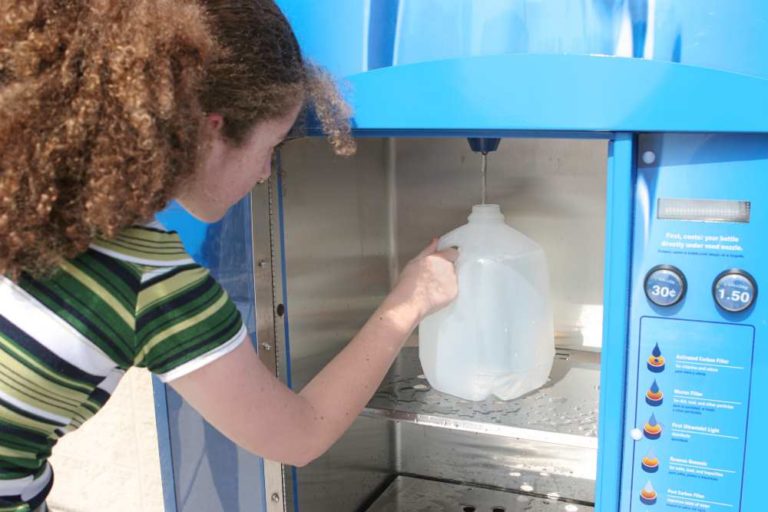
Water for society – Including all
World Water Week, the leading annual event on global water issues, was held in Stockholm from August 25-30, 2019. https://www.worldwaterweek.org World

It has long been established that cancer thrives in a low-oxygen and acidic environment. Dr. Otto Warburg won the Nobel Prize in 1931 for his findings that revealed that all normal cells have an absolute requirement for oxygen, but cancer cells can live without oxygen.
So what is the connection between dehydration and cancer formation?
Oxygen transport
Water is the primary transporter of oxygen cells to the cells. Water is also the primary transport for the removal of toxins out of the cells and out of the body.
Acidification
Dehydration activates an enzymatic slowdown producing acidification creating fertile ground for many diseases, including some cancers.
Accumulating toxins
Lack of oxygenation and toxin accumulations also make the body much more vulnerable to the proliferation of microbes such as certain bacteria, viruses and fungi that are associated with cancer.
Kidney impairment
Chronic dehydration can result in the kidneys not working properly to maintain a balanced acid-alkaline state of body fluids. It is well known that cancer thrives in an acidic environment and a healthy body maintains a slightly alkaline pH.
Immune suppression
Dehydration suppresses the immune system in three different ways:
1) Histamine production in the body is increased which also increases the production of a chemical called vasopressin, a strong suppressor of the immune system.
2) Excess histamine also causes the shutdown of interferon, a critical anticancer chemical that is present in a hydrated body.
3) Histamine suppresses immune activity in the bone marrow, which is the central production center of the white blood cells – the immune cells that destroy and digest cancer cells.
Research shows
Evidence suggests that by maintaining adequate hydration a woman can significantly reduce the risk of breast cancer. The risk of colon cancer was reduced by 45% in women and 32% in men who drank four or five glasses of water daily. People with low fluid intake are more likely to develop urinary tract cancers including prostate, bladder, kidney and testicular cancer
Share with Friends
For over 20 years, thousands of customers worldwide rely on Best Water for our excellent one-to-one support, high quality products and competitive pricing. If you have any questions at all please call us. Our experienced techs are ready to help! Learn more about us.
Featured
Drink healthy, hydrogen-enriched water on the go with the AOK 808
The only USA-made water ionizer filter that has certified independent test results for reducing 172 contaminants by 99.9%.
World’s most advanced natural filter, alkalizer, ionizer and hydrogen system all in one affordable package.
Follow Us
Latest Posts

World Water Week, the leading annual event on global water issues, was held in Stockholm from August 25-30, 2019. https://www.worldwaterweek.org World

It’s Saturday morning, the sun is shining and it’s a perfect day to go out for a paddle. You grab

Since time immemorial scientists, philosophers and even us mere mortals have asked the question: are we alone in the universe?
Popular Posts

Water vending machines are as common in grocery stores as ATM machines but what kind of water are they really
For over 20 years, thousands of customers worldwide rely on Best Water for our excellent one-to-one support, high quality water ionizer products and competitive pricing. If you have any questions at all please call us. Our experienced techs are ready to help! Learn more about us.
© 2019 Best Water Inc. All Rights Reserved. Website & Branding by Elite Web Design